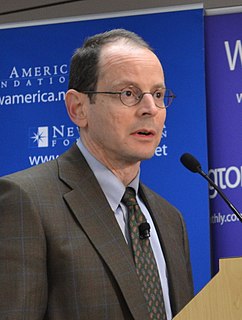A Quote by Robin Sharma
People who have achieved great success are not necessarily more skillful or intelligent than others. What separates them is their burning desire and thirst for knowledge. The more one knows, the more one achieves.
Related Quotes
I had a friend who was the King's surgeon in England. One day I asked him what makes a great surgeon. He replied, "What distinguishes a great surgeon is his knowledge. He knows more than other surgeons. During an operation he finds something which he wasn't expecting, recognizes it and knows what to do about it." It's the same thing with advertising people. The good ones know more. How do you get to know more? By reading books about advertising. By picking the brains of people who know more than you do. From the Magic Lanterns. And from experience.
Do not turn the power of your mind upon others, but turn it upon yourself in such a way that it will make you stronger, more positive, more capable, and more efficient, and as you develop in this manner, success must come of itself. There is only one way by which you can influence others legitimately, and that is through the giving of instruction, but in that case, there is no desire to influence. You desire simply to impart knowledge and information, and you exercise a most desirable influence without desiring to do so.
My desire for knowledge is intermittent; but my desire to bathe my head in atmospheres unknown to my feet is perennial and constant. The highest that we can attain to is not Knowledge, but Sympathy with Intelligence. I do not know that this higher knowledge amounts to anything more definite than a novel and grand surprise on a sudden revelation of the insufficiency of all that we called Knowledge before,—a discovery that there are more things in heaven and earth than are dreamed of in our philosophy.
Successful people are usually more lively than those who are unsuccessful. The quickening of the spirit they feel comes out of their creativity, and success detaches them from the more rigid outlook on life - it puts them in the flow. So the shakers and movers, by their very nature, are moving faster, taking more risks, and investing more in the world than their less active counterparts.
It is common to assume that human progress affects everyone - that even the dullest man, in these bright days, knows more than any man of, say, the Eighteenth Century, and is far more civilized. This assumption is quite erroneous. . . . The great masses of men, even in this inspired republic, are precisely where the mob was at the dawn of history. They are ignorant, they are dishonest, they are cowardly, they are ignoble. They know little if anything that is worth knowing, and there is not the slightest sign of a natural desire among them to increase their knowledge.
Although people who had achieved a great deal in science and technology talked
of the inscrutability of creativity, I was not convinced and disbelieved them immediately and without argument. Why should everything but creativity be open
to scrutiny? What kind of process can this be which unlike all others is not subject
to control?…What can be more alluring than the discovery of the nature of
talented thought and converting this thinking from occasional and fleeting flashes
into a powerful and controllable fire of knowledge.




































